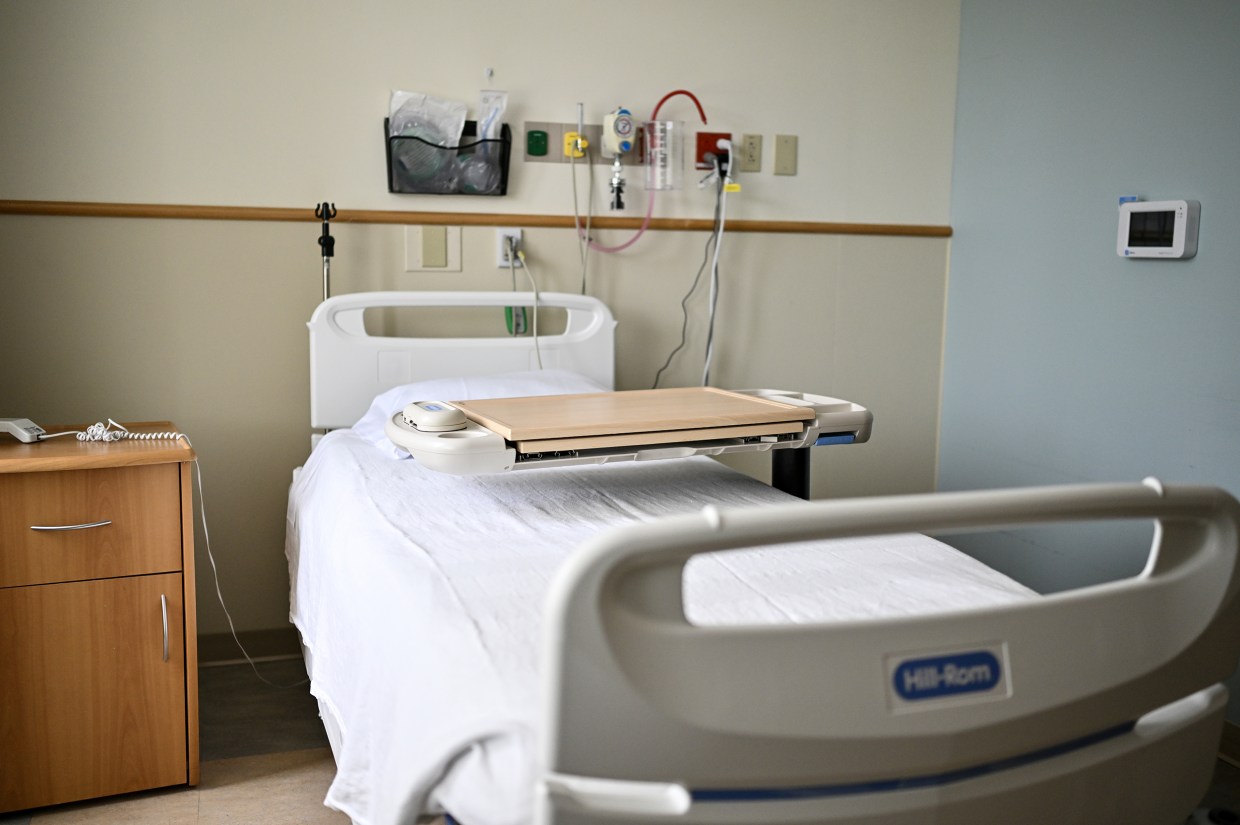Mississippi has announced a public health emergency due to a troubling increase in infant mortality rates, becoming one of the most critical health challenges the state has encountered in recent times. This worrying pattern has positioned the state at the forefront of nationwide conversations on maternal and child health, as authorities rush to identify the root causes and establish immediate interventions.
El anuncio de una emergencia resalta la gravedad de la situación. La mortalidad infantil, que se refiere a la muerte de un niño antes de cumplir un año, es un indicador fundamental de la salud general de una comunidad y de su acceso a atención. En Mississippi, esta tasa ha alcanzado cifras que los profesionales de la salud consideran extremadamente alarmantes, evidenciando problemas sistémicos que han existido durante décadas.
State health officials have published initial numbers showing a notable rise in the death rate compared to former years. Although the specific rate might differ by county, it seems that rural areas are experiencing the greatest impact. These locations frequently struggle with restricted access to medical centers, a lack of healthcare personnel, and elevated poverty levels—factors that can lead to negative effects on maternal and child health.
Officials point to multiple contributing factors behind the surge. One major concern is the lack of consistent prenatal care. Many expectant mothers in the state, particularly those in underserved areas, do not receive adequate medical supervision during pregnancy. This gap in care can lead to complications such as premature birth, low birth weight, and untreated maternal health conditions, all of which increase the risk of infant mortality.
Another element fueling the crisis is Mississippi’s high prevalence of chronic health conditions among women of childbearing age. Conditions such as hypertension, diabetes, and obesity are widespread and can significantly impact pregnancy outcomes if not properly managed. When combined with economic hardship and limited access to nutritious food, these challenges create a perfect storm for health complications.
Socioeconomic disparities also play a pivotal role. Mississippi has some of the highest poverty rates in the nation, and families living in financial hardship often struggle to afford proper nutrition, transportation to medical appointments, and essential healthcare services. These inequalities have long been recognized as barriers to positive health outcomes, and their effects are now becoming increasingly evident in the state’s infant mortality statistics.
La declaración de emergencia de salud pública tiene como objetivo movilizar más recursos y apoyo para las comunidades más vulnerables. Las agencias estatales y locales están trabajando juntas para mejorar el acceso a la atención prenatal y postnatal, iniciar campañas de educación pública sobre salud materna y reforzar las asociaciones con hospitales y clínicas. Las autoridades también están pidiendo a los proveedores de salud que den prioridad al contacto con las poblaciones vulnerables, asegurando que las madres embarazadas reciban atención temprana y continua durante sus embarazos.
Public health experts emphasize that addressing this crisis will require both immediate and long-term strategies. Short-term actions include increasing the availability of mobile clinics, enhancing telehealth services, and distributing educational materials about prenatal care and healthy pregnancy practices. Longer-term solutions involve tackling the root causes of poor maternal and infant health, such as poverty, education gaps, and systemic healthcare inequities.
Community organizations are also stepping in to support families. Many nonprofit groups have begun providing essential resources such as baby supplies, transportation assistance, and nutrition programs to help expectant and new mothers navigate the challenges of pregnancy and early childcare. Faith-based initiatives and local volunteers are playing an important role in spreading awareness and offering hands-on assistance to families in need.
Officials highlight the alarming condition in Mississippi, but increasing infant mortality rates are not just a local issue. Across the United States, persistent disparities in maternal and child health affect marginalized populations significantly. Mississippi’s announcement could potentially trigger a broader federal response to tackle healthcare inequalities and decrease preventable infant fatalities nationwide.
Healthcare leaders stress that reversing the upward trend in infant mortality will take time, but immediate intervention is critical to prevent further loss of life. They encourage pregnant women and new mothers to seek care as early as possible and to take advantage of available support services, including state-funded programs that provide prenatal counseling and medical checkups.
As Mississippi takes steps to address this public health crisis, authorities aim for their initiatives to not only preserve lives but also ignite a renewed focus on enhancing maternal and infant health results nationwide. The task is significant, yet with collaborative efforts and continual investment, specialists think advancement is possible.


:max_bytes(150000):strip_icc()/grouptherapy-5a492739eb4d52003730a56d.jpg)

